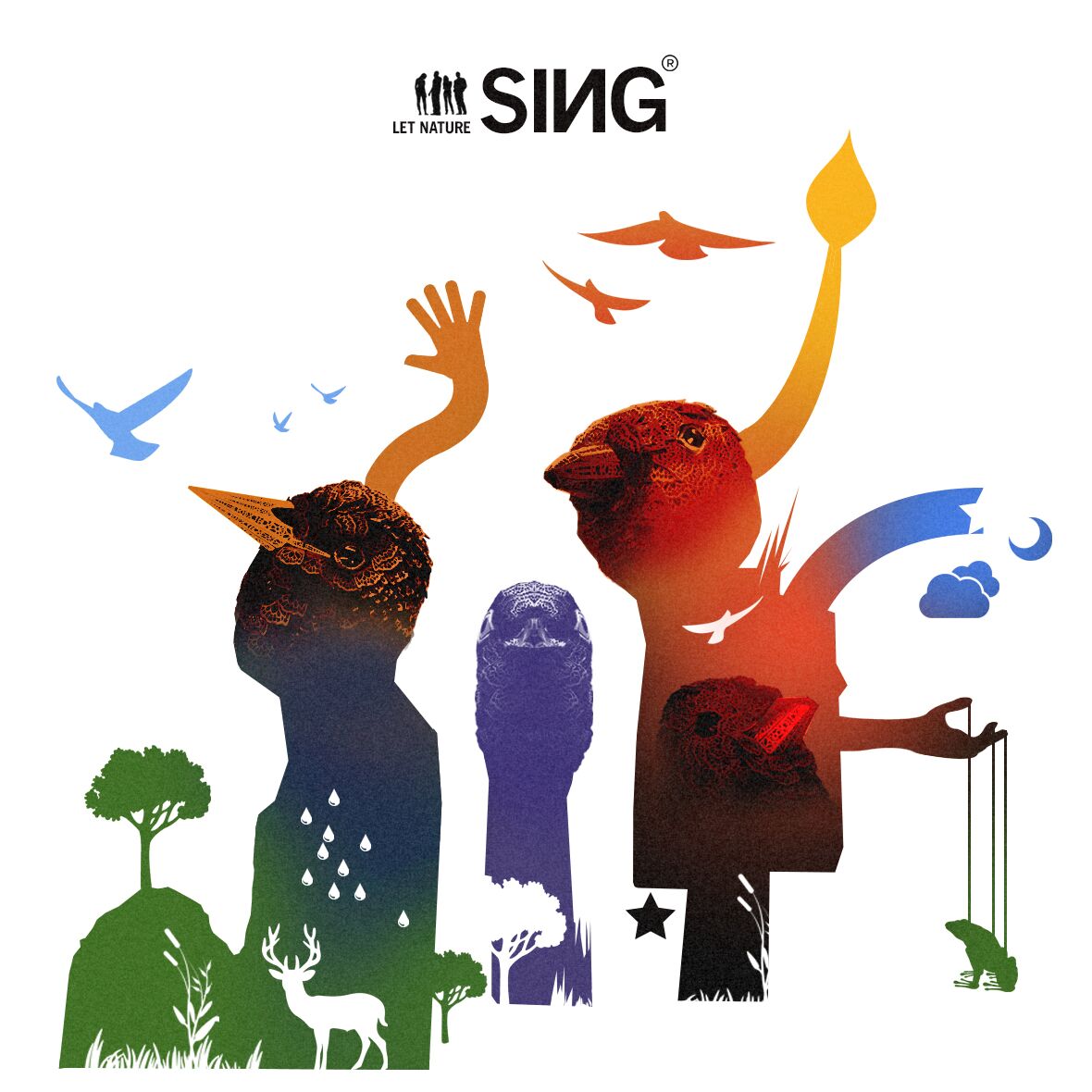RSPB: 'it's time to Let Nature Sing'
More than 40 million birds have vanished from Britain's skies in just 50 years, 56 per cent of species in this country are in decline, and one in 10 species is listed as Critically Endangered. Nature is in crisis, and new research from the RSPB has demonstrated that the public is worryingly unaware of the impending danger that our biodiversity faces.
Only 15 per cent of British citizens realise our natural world is in trouble, while more than a quarter (27 per cent) believe wildlife is actually faring well. The RSPB is warning that Britain is in immediate danger of sleepwalking into a natural disaster, as our environment and wildlife face a mounting and immediate crisis. To wake up the nation to this threat, the conservation charity is today [Friday 26 April] releasing a track of birdsong into the charts for the first time in British music history.
Let Nature Sing is an arrangement of some of Britain's most loved and most threatened bird songs. It has been produced to raise awareness of what we might lose if nothing is done to stop many species sliding into extirpation. The message is simple: if we do not act now, and work together, the evocative songs of many birds could be lost forever.
The RSPB's research illustrates how devastating this loss would be. When presented with the shocking facts about the decline of wild birds, half (49 per cent) of British adults said they were upset by this, and a third (31 per cent) went further to say they were angry. The majority put pressure on political powers for change, with 84 per cent feeling the UK government should be doing more to preserve our natural world.
Young people are also shockingly unaware of the crisis facing biodiversity. One in three (33 per cent) said that they had no idea that Britain had lost more than 40 million birds in the last 50 years, but on hearing this, 40 per cent said they want to do something to help, suggesting hope for the future.
Martin Harper, RSPB Director of Conservation, commented: "The signs are all around us that something is not right, that nature is falling silent and you only need to stop and listen to find the beautiful birdsong that should be the background music to our life is absent. But no one is talking about the crisis facing wildlife and nature in the UK. We all need to start talking about this, and the Let Nature Sing track is a good starting point as it perfectly highlights the music we risk losing.
"Wildlife and our natural world can recover, it can be saved for future generations, but we need more people to talk about the issue and how much something as simple and wonderful as birdsong means to each of us. Because if we do not start talking about the threats facing nature the inspiration behind so much of our music, poetry and literature may go silent."
Mercury Prize nominee Sam Lee, who helped edit the single, added: "Birdsong has been one of the biggest influences of our songs, poetry and literature. The loss of it should concern us all, because it is a signal that all is not well in the world. We should see birdsong as a barometer for the health of this planet, and hence of ourselves."
The track is being released today [Friday 26 April], with the aim of pushing birdsong into the charts in time for International Dawn Chorus Day on the 5 May.
Let Nature Sing is available as a digital download or on CD. To find out more about the vital work the RSPB is doing to save nature, and to purchase the track, please visit www.rspb.org.uk/letnaturesing.


